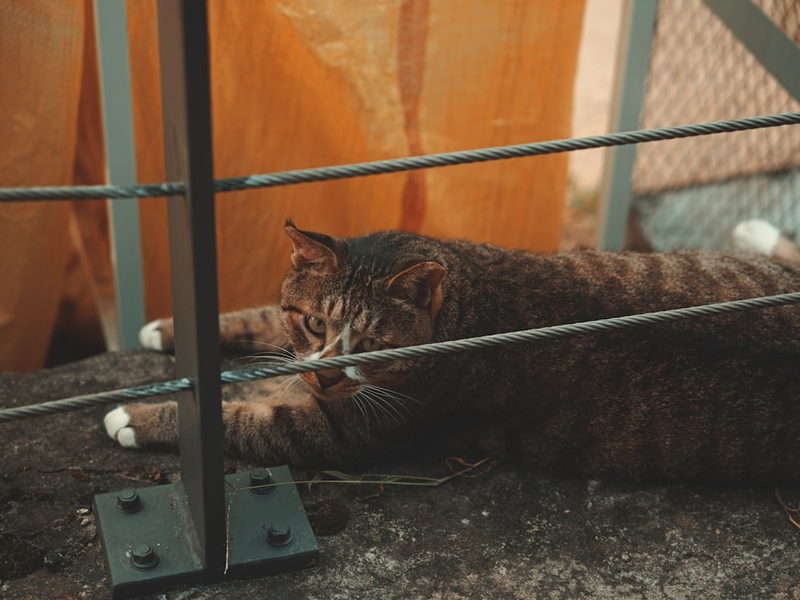California Just Banned Cat Declawing, and It's a Big Win for Animal Rights

In a groundbreaking move for animal welfare, California has officially banned the controversial practice of cat declawing, signaling a significant shift in how we view pet care and animal rights. Governor Gavin Newsom signed Assembly Bill 867, which prohibits veterinarians from removing cats’ claws except for medically necessary reasons, marking a pivotal moment for feline protection.
The new law, set to take effect on January 1st, emerged after decades of debate between veterinary organizations and animal welfare advocates. Assemblyman Alex Lee, a cat owner himself, championed the legislation, emphasizing the importance of creating a more compassionate approach to pet care.
Declawing isn’t just a simple nail trim, it’s actually an amputation of a cat’s toes above the third knuckle. Animal welfare groups have long argued that this procedure causes significant pain and can lead to serious behavioral changes, including increased biting and litter box avoidance.
California joins a growing list of states and over 30 countries that have already banned this practice. The legislation passed with overwhelming bipartisan support, receiving unanimous votes in both the state Senate and Assembly.
Alternatives to declawing are plentiful and humane. Pet owners can use scratching posts, trim their cats’ claws regularly, or apply soft vinyl nail caps that reduce scratching potential. These methods not only protect furniture but also preserve the cat’s natural behaviors and physical integrity.
Interestingly, data from Los Angeles showed a 43% decrease in cat shelter surrenders after a local declawing ban, suggesting that alternative solutions can effectively address owner concerns while protecting animal welfare.
This landmark legislation represents more than just a law, it’s a statement about our evolving understanding of animal treatment. By prioritizing the physical and emotional well-being of our feline companions, California continues to lead in progressive animal rights policies.
For cat owners worried about furniture damage or potential scratches, veterinarians and animal welfare experts recommend exploring positive training methods and humane alternatives that respect cats’ natural behaviors.
AUTHOR: tgc
SOURCE: The Mercury News





















































